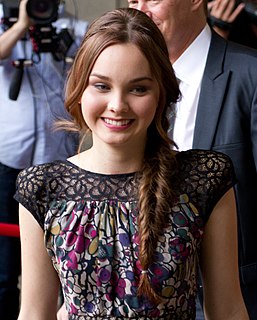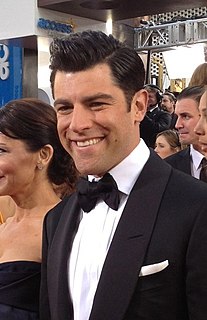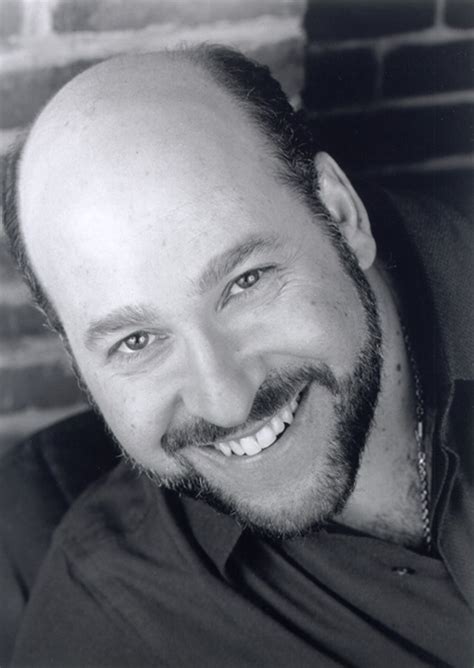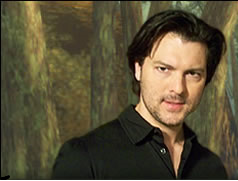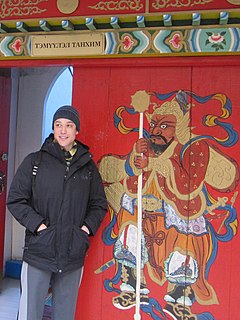A Quote by Ekta Kapoor
I don't think hype always works. It can get you initial audience, but eventually, it's your story, and the characters need to hold audience's attention.
Related Quotes
If I can get the audience to connect with the characters emotionally - and they love who they are, they love the larger-than-life situation that they're in, but most of all get the audience invested in the characters - then I always feel like I can sort of put them in the most outrageous circumstances, and the audience is okay to go with that.
I always want the audience to identify with my character in some way. I mean, sometimes you'll get characters that aren't very identifiable. Sometimes you can't relate to your character at all. I think it's important to keep the audience interested. But the best advice that I've gotten is to live in the moment.
If an audience finds themselves paying attention to how you made your film, you're sunk because that means they're unplugged from your story. What matters is what's unfolding on the screen, not how you put it there. It doesn't matter if it's red triangles or million dollar software if the audience doesn't care.
When the theater is gothic it matches the sensibility of the show. It's also very intimate. The audience is very close to the performers. The show is scary and the scary stuff always works best with an intimacy with the audience. And the show is erotic, and I think erotic always works best when it's close to the audience, as well.
When someone says "that resonates with me" what they are saying is "I agree with you" or "I align with you." Once your ideas resonate with an audience, they will change. But, the only way to have true resonance is to understand the ones with whom you are trying to resonate. You need to spend time thinking about your audience. What unites them, what incites them? Think about your audience and what's on their mind before you begin building your presentation. It will help you identify beliefs and behavior in your audience that you can connect with. Resonate with.
I don't understand choreographers who say they don't care about the audience or that they would be happy to present their works non-publicly. I think dance is a form of communication and the goal is to dialogue with the audience. If an audience member tells me they cried or that the dance moved them to think about their own journey or a family member's, then the work is successful.




